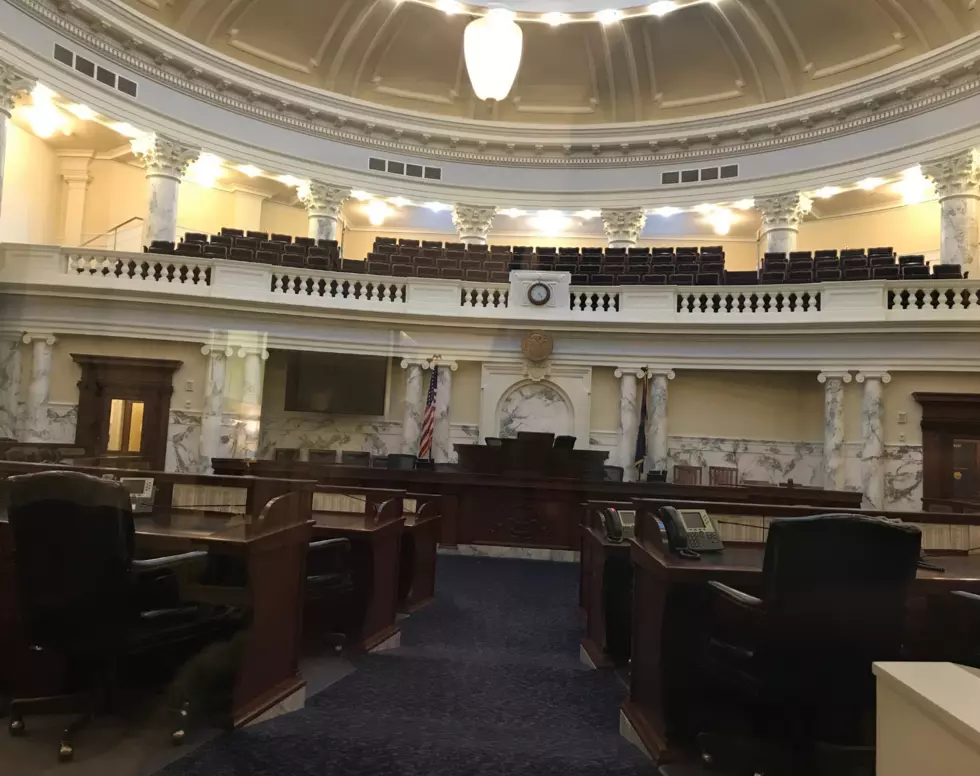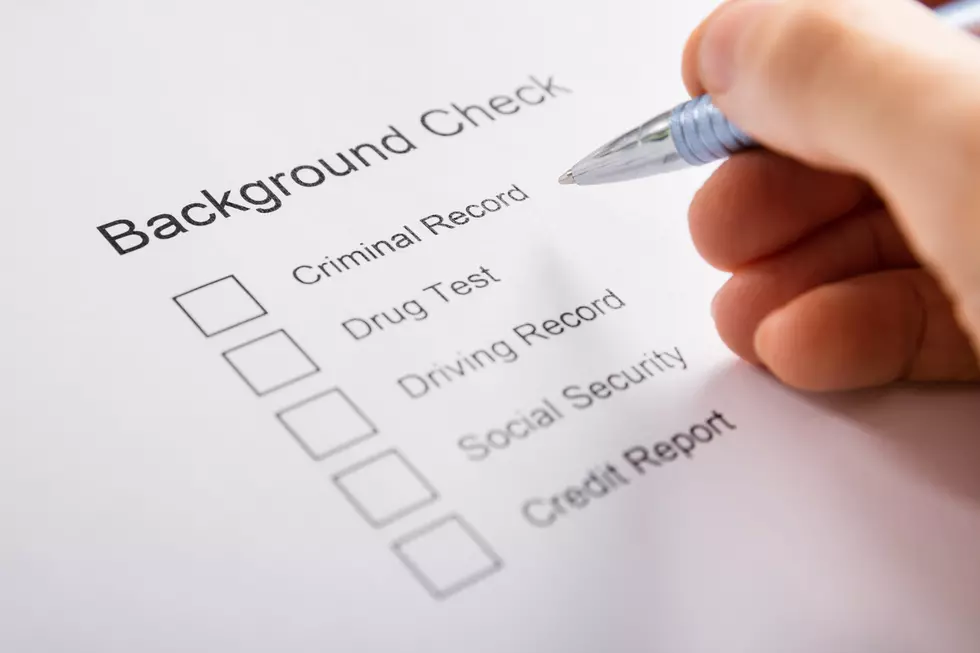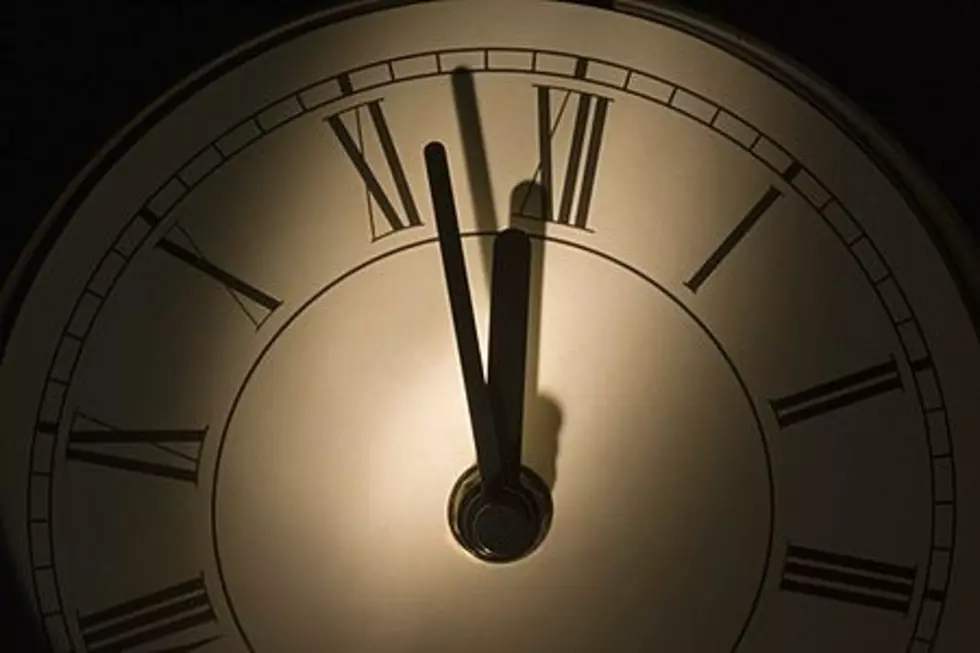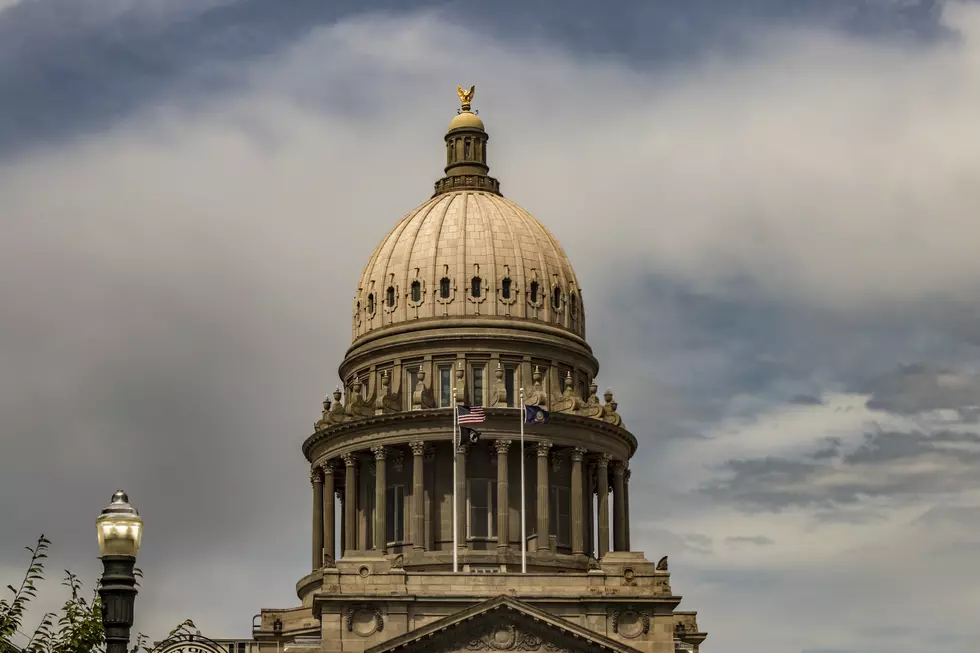
Committee delays vote on 1-year freeze on property taxes
BOISE, Idaho (AP) — Legislation aimed at reducing property taxes drew so many people wanting to speak that a House panel ran out of time Tuesday and delayed voting.
The House Revenue and Taxation Committee heard about two hours of testimony before adjourning. Republican Committee Chairman Gary Collins said the committee will take up the legislation again on Wednesday.
House Majority Leader Mike Moyle, a member of the committee, sponsored the bill and said the one-year, statewide freeze on property taxes is needed to start a conversation because people are being forced out of their homes.
He said that included one of his neighbors, where he played with other children growing up.
“She’s in tears,” Moyle told lawmakers. “The value of her home has skyrocketed because of the new construction and the new growth going around her, and her property taxes are going through the roof. She’s a widow. She can’t afford this increase in property taxes. It’s going to put her out of her home she’s lived in her whole life. It’s not fair.”.
City and county officials spoke against the bill, arguing that freezing revenue won’t freeze expenses, leading to a financial hardship because municipalities typically have contractual obligations.

“My question is, ‘What about our kids? What are we going to hand our kids?,’” Nampa Mayor Debbie Klin saidg. “I am not going to hand my children and grandchildren a mess because we dug a hole so deep we can’t dig out of it.”
Property taxes have become a top issue this legislative session as explosive growth in many parts of Idaho has caused property values to increase, forcing up property taxes.
Moyle said the one-year freeze is not a solution but simply a pause so various groups can come together to find a solution.
But Brent Mendenhall, a Madison County commissioner in eastern Idaho, said the freeze would have serious ramifications.
“This is not a pause of slowdown,” he said. It’s “slamming on the breaks on an ice-covered road.”
City and county elected leaders also noted that if residents felt they were unfairly taxed, they could vote different people into office.
More From News Radio 1310 KLIX









